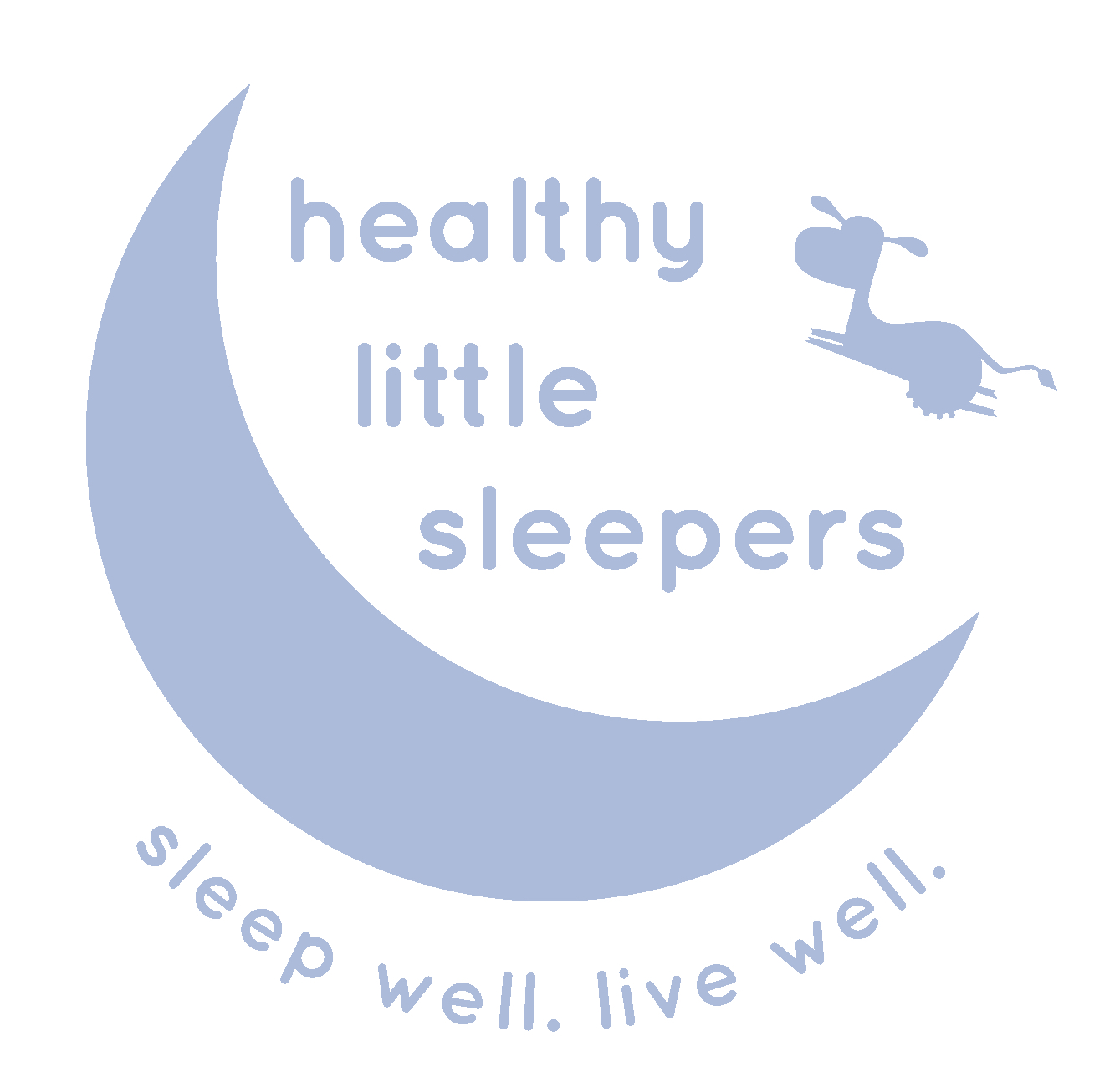New Evidence on Preventing Food Allergies in Children
* * *
When it comes to preventing food allergies, the American Academy of Pediatrics (AAP) recently conducted a detailed review of all available evidence on the topic, published in March 2019. They have updated their last 2008 guideline on what works and what doesn’t when it comes to preventing food allergies.
How far have we come? Well, in 2000, the AAP recommended delaying cow’s milk until children were 1 years old, eggs until 2 years old, and peanuts, tree nuts, and fish until 3 years old. Then, in 2008 the AAP found there was no evidence that delaying introduction to these foods prevented food allergies. BUT, the report did not give specific guidance as to when these foods should be introduced.
So what’s the scoop now?
* * *
Maternal dietary restrictions during pregnancy and after…
Good news here! Similar to the 2008 report, you don’t need to avoid certain foods during pregnancy or thereafter to try and prevent allergies. So, enjoy those cravings! There continues to be little evidence to support dietary restrictions. Bring on the peanut butter toast with honey!
* * *
Role of Breastfeeding
Similar to the previous report in 2008, exclusive breastfeeding for the first 3 to 4 mos decreases the incidence of eczema in the first 2 years of life. But beyond 3 to 4 mos there are no advantages for exclusively breastfeeding to prevent food allergies.
BUT, there is new evidence to suggest that breastfeeding beyond 3 to 4 mos is protective against wheezing in the first 2 years of life. Similarly, a longer duration of breastfeeding is protective against asthma (even after 5 years of age).
Now I want to remind you that these are protective factors — they reduce the likelihood for these things to occur. Just because you breastfeed does not guarantee that it will prevent asthma, eczema or food allergies from happening.
I am a case in point… my son was exclusively breastfed for 9mos, and he has eczema, viral asthma (i.e., wheezing/asthma when he catches a cold), and a cashew and pistachio allergy (of which I ate plenty of during my pregnancy). We are that “other” chance. However, he was not introduced to peanuts until 16mos of age (more on food introduction below). Nevertheless, we do what we can to try and protect our little ones.
* * *
Hydrolyzed formula
So, what’s all the hype with formula, and is it helpful in preventing food allergies? Well my friends, the updated answer to this question is no. There is new evidence to suggest that using formula is not a sure fire way to prevent food allergies in infants and children.
* * *
Timing on food introduction
There is no question that we all think about when should I start introducing solids to my baby.
The one thing that remains the same as the last AAP guideline is that there is no evidence delaying introduction of allergic foods (such as peanuts, eggs and fish) beyond 4 to 6 mos prevents allergies.
In fact, there is now evidence that early introduction of infant-safe forms of peanuts reduces the risk for peanut allergies (information is less clear on eggs and fish). So, when should introduction happen? Here’s the scoop:
High Risk for Peanut Allergy (severe eczema and/or egg allergy):
Introduce peanuts as early as 4 to 6mos, include appropriate testing (e.g., skin-prick test), and introduce peanut containing foods in doctor’s office versus home setting.
Mild to Moderate Eczema:
Introduce peanut containing foods at around 6mos. It’s still a good idea to offer while in the doctor’s office for a check-up.
Low Risk for Peanut Allergy (no eczema or food allergy):
Introduce peanut containing food when age appropriate and depending on family preferences and cultural practices (i.e., after 6mos of age if exclusively breastfeeding).
* * *
The Bottom Line
While being cautious about introducing allergenic foods may be our gut feeling, we actually may be doing more harm than good. It’s a good idea, no matter the individual risk, to introduce these foods between 4 and 6mos of age. If you do give your little one food and begin to see vomiting or hives, bring it to your pediatrician’s attention. And always consult with your pediatrician first.
* * *
Last but not least…
I know this was all about food allergies, but if you also need some help with your little one’s sleep, I’ve got ya! Go here to schedule a FREE 15-minute call with me, and we can chat about it!
* * *
Oh, one more thing!
Every other week I share my newsletter — The Healthy Little Note — where you can get this directly in your in box plus other great curated content to help you and your little can get the most out of their first 5 years of life.
If you have little ones, I’m sure you’ll love it!
You can check out the most recent issue here.
Or, SUBSCRIBE below:
————————————————————
Susie Menkes, PhD is a Certified Pediatric Sleep Consultant through the Family Sleep Institute (FSI) and is dedicated to helping families get their little ones to be healthy little sleepers. She serves on the Medical Board for What’s Up Moms (the #1 Parenting You Tube Channel) and has a sleep talk series at Beverly Hills Pediatrics and Hatch Collection in Brentwood.. As a mom of two, she knows and understands what you are going through and is here to support, educate, and guide you on all matters related to sleep... and more!



